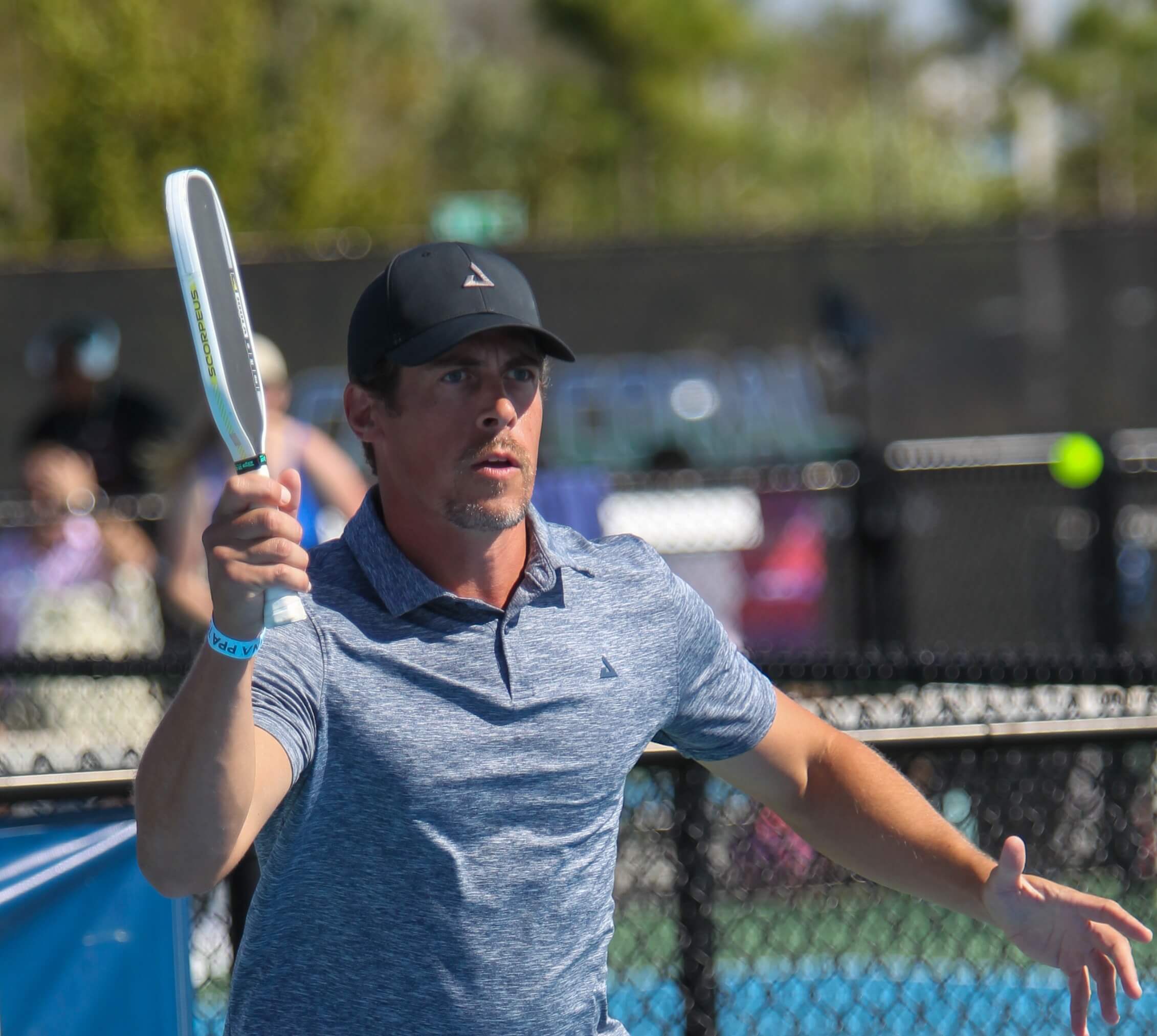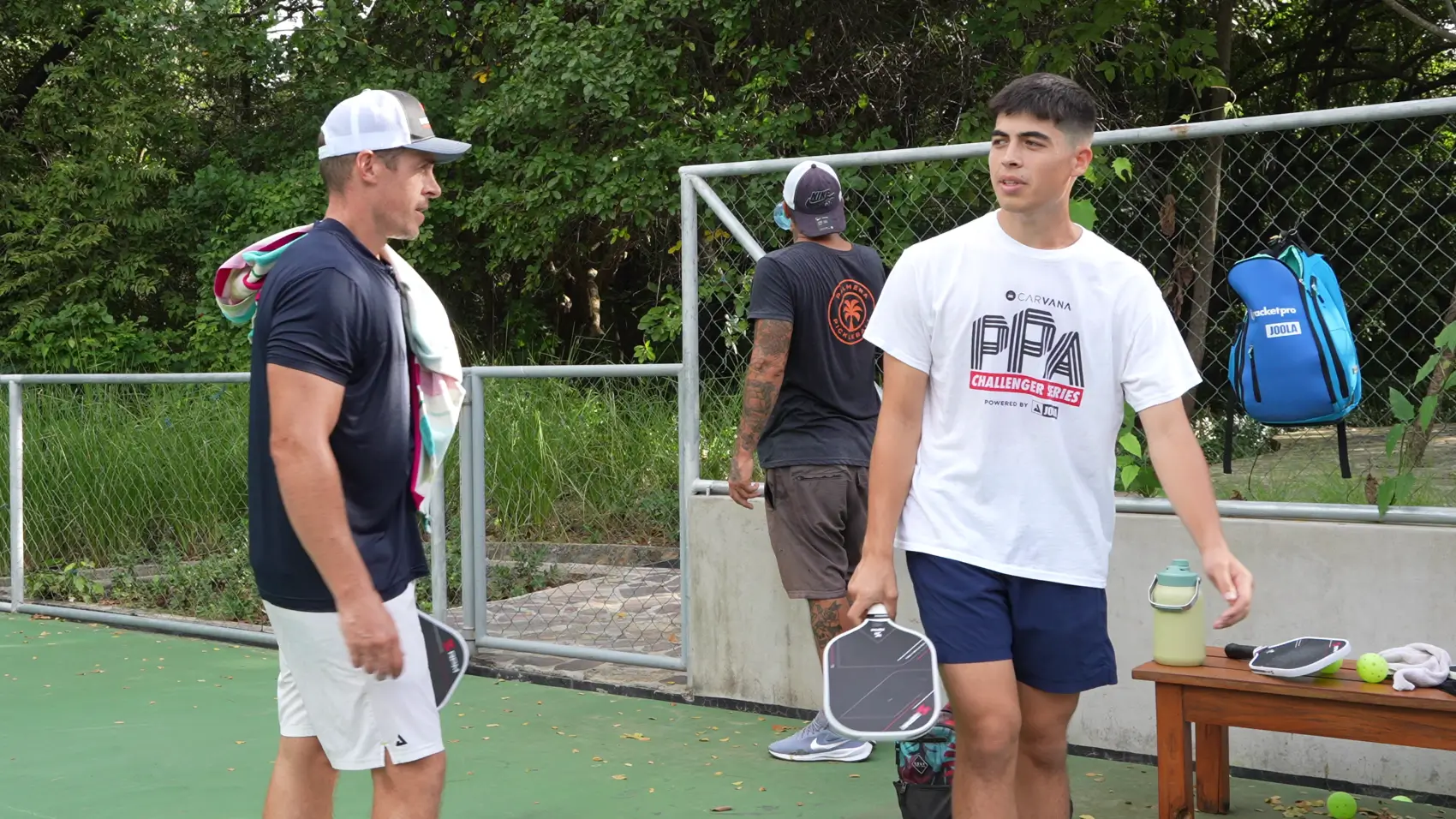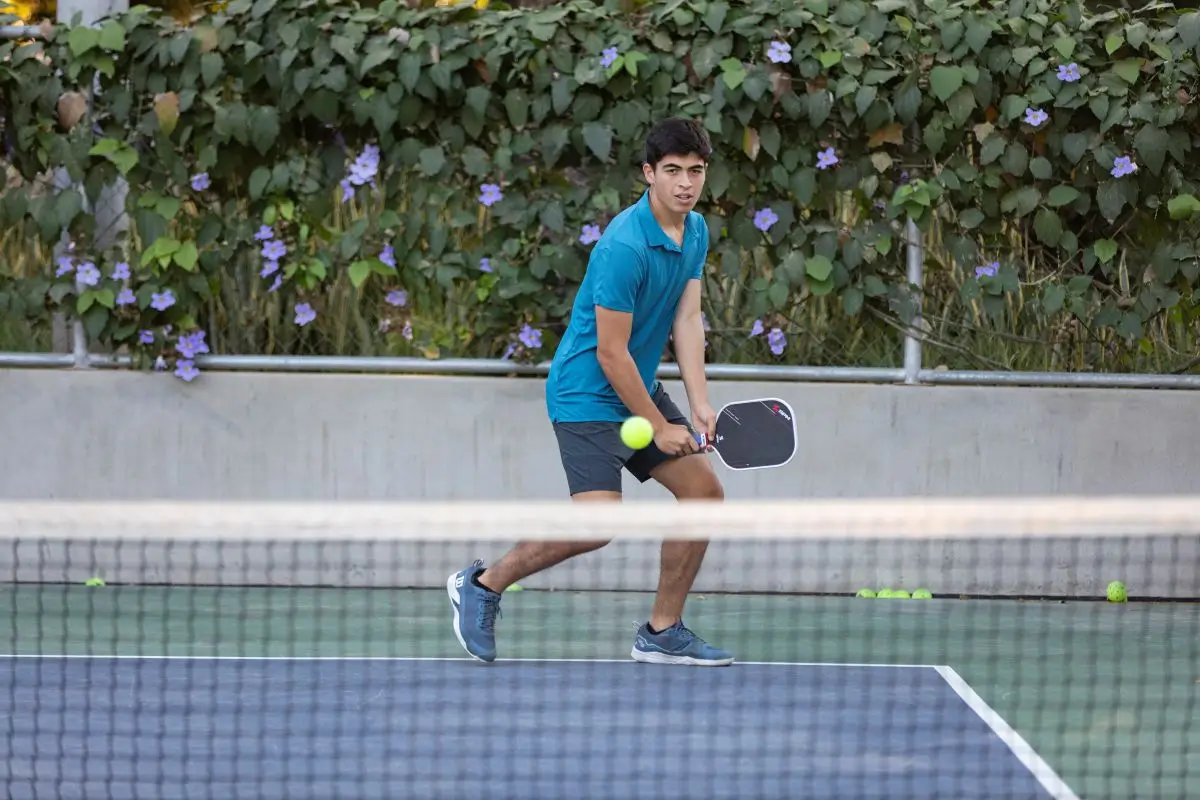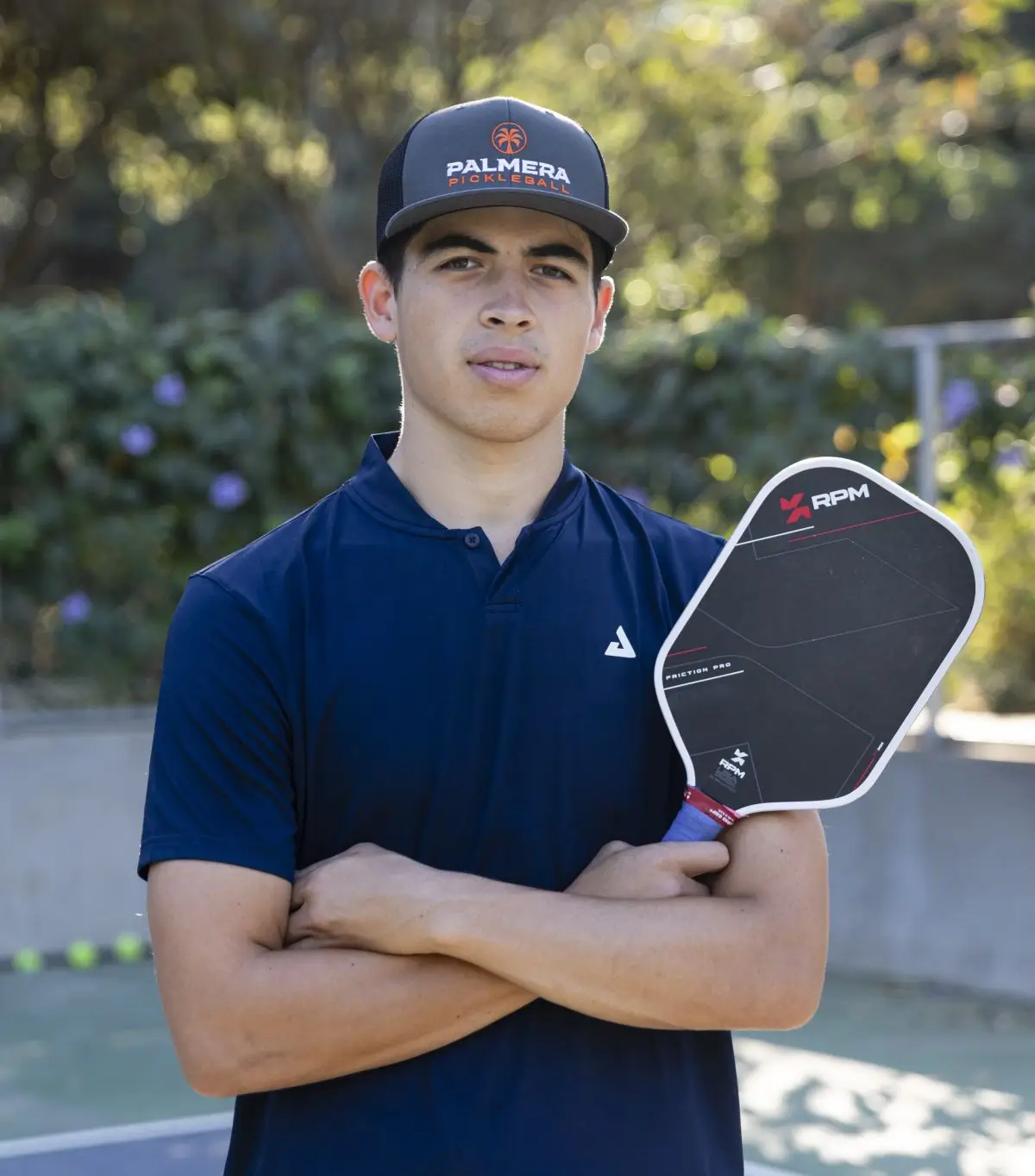Reinventing the Athlete: Palmera’s Take on Changing Courts: The Jack Sock Story
In Changing Courts: The Jack Sock Story by Selkirk Studios, former tennis star Jack Sock opens up about his leap from the ATP Tour to professional pickleball, revealing the emotional, mental, and financial challenges behind the switch.
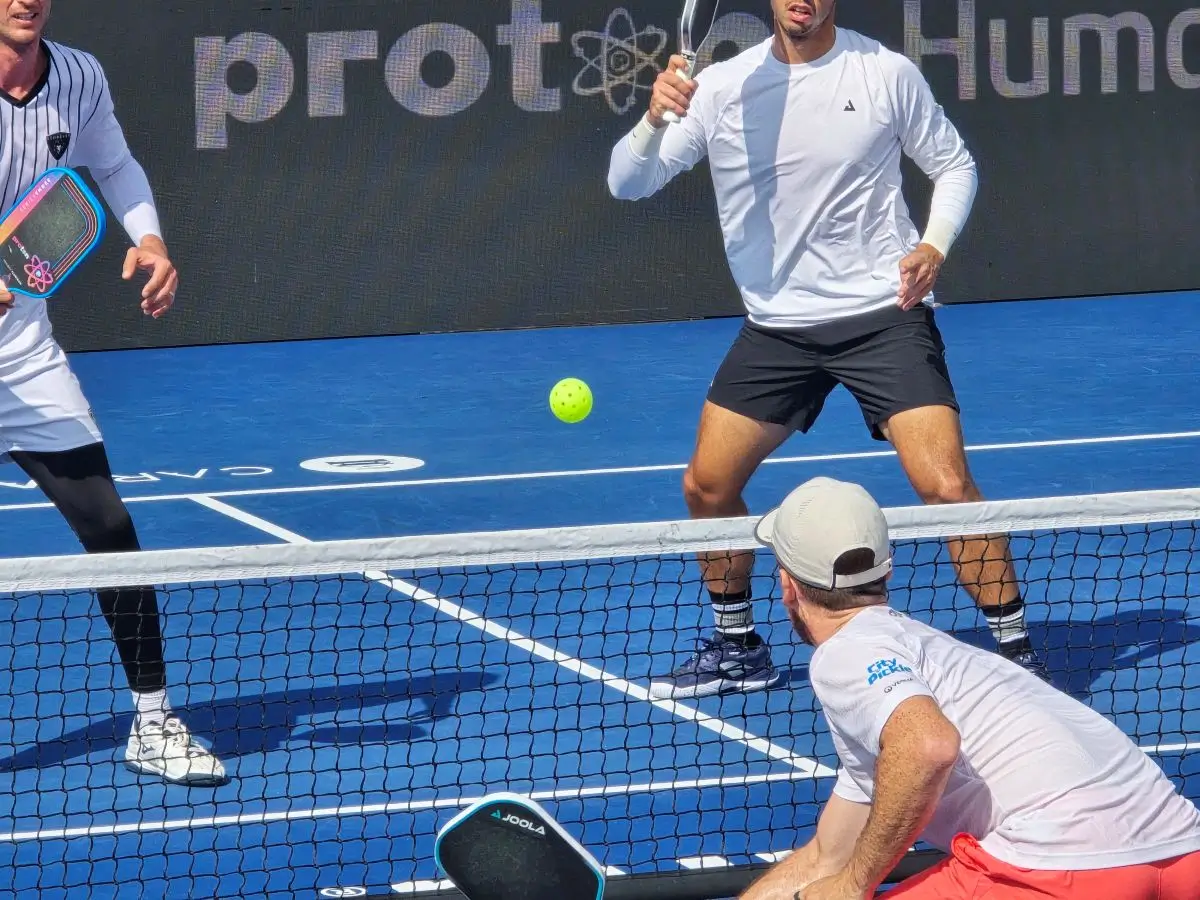
My last blog focused on how Palmera Pickleball can address with a wide array of things that may come up in one’s pickleball journey from equipment selection to technique advice to psychological approaches to the game and more. It is just amazing how pickleball can appeal to such a diverse set of people from young people just learning about sports to retirees looking for a lower-impact way to stay active to those wanting to go pro and make pickleball their life. Pickleball is literally for anyone, even for someone that is already a professional tennis player, which is what makes the documentary Changing Courts: The Jack Sock Story presented by Selkirk Studios.
In the film, Jack Sock reflects on his early life and tennis career: the big wins, the pressure of being a top-level athlete, and the identity that comes with playing on the world stage. He speaks candidly about the moment he realized that although he still loved competition, something needed to change. This internal shift sets the stage for his leap into the sport of pickleball, a decision that surprised many of his tennis peers and raised eyebrows in the wider sporting world. The documentary uses archival footage and interviews to map out that original tennis foundation and how it both equipped and hampered him in his next chapter.
As Jack embarks on his pickleball journey, the film explores the business side of the sport, as well. It shows how pickleball has rapidly grown with tournaments, sponsors, media deals, and a new generation of professional players. Jack navigates contract discussions, brand sponsorships (his association with companies such as Selkirk Sport is highlighted), and how his name recognition from tennis gives him leverage in partner negotiations. The documentary illustrates how moving from tennis (with its established circuits and earnings models) into pickleball means entering a sport still defining its financial ecosystem: tournament prize money, endorsement value, streaming rights and long-term career sustainability are still in flux.
Perhaps most intriguing, the documentary hits on the importance of the psychological component of Jack’s pickleball journey. Jack explains how mentally moving from tennis to pickleball meant confronting both opportunity and insecurity: finding motivation in a sport where he was no longer the established star, studying a new skill set (despite his elite athletic background), and dealing with the very public perception that he was “switching down” rather than “switching over.” He mentions the internal pressure of living up to his own achievements and outside expectations, the fear of failure in a new arena, and the challenge of resetting his competitive mindset. In practice sessions, you see him learning, relearning, and unlearning to make the transition from one professional racquet sport to another.
Through all of this, Changing Courts: The Jack Sock Story paints a picture of reinvention of an athlete who refuses to coast on legacy, who instead is choosing a new challenge and redefining success on his own terms.
At Palmera, we feel inspired by Jack Sock’s active demonstration of the growth mindset, of neuroplasticity, and the drive to follow one’s dreams and ideas based on passion instead of allowing things like the past, critical or doubting voices, or possible failures to determine one’s path.
It’s athlete ethos.
And if you think about it, it’s not just for elite athletes.
As for the Palmera perspective on Changing Courts: The Jack Sock Story perhaps most important, the bold journey Jack Sock is publicly documenting for the world on the pro tour is something that all of us can do in our pickleball journey: Through focused practice, disciplined action and time allocation, and quality coaching, any one of us can learn, transform, and, ultimately, push to our peak performance in pickleball.



